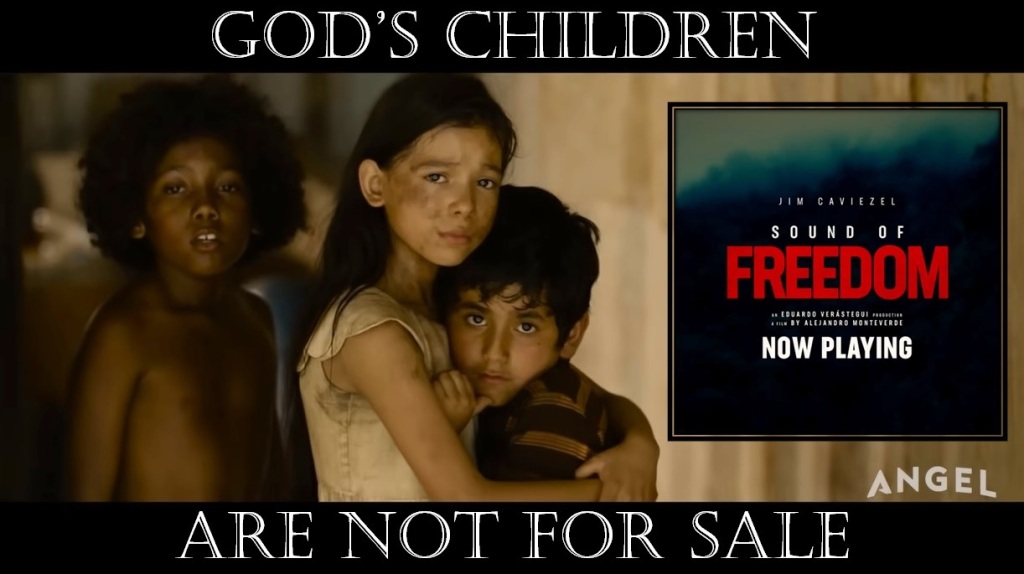Some thoughts on the documentary Let There Be Light:
1 – First off, hats off to Matt Redman and Beth Redman for speaking out. I know some people will be asking what took them so long, but speaking as someone who has been taken advantage of by Christian leaders in the past, I know that if you are not confident enough in yourself or your cause compared to those who are in a position of power over you then taking a stand, even if others who know what they are talking about are telling you you are right to do so, it can be very hard to do so. It took me being in my third job where abuse of power took place before I could take a stand. On top of that, Matt in particular had been a young person with Mike as his youth leader before he became the worship leader at the festivals, so the impact of Mike’s longstanding relationship with him would have weighed very heavily on his decision to speak out. And on top of that, there would have been the question of how could he speak out when Mike’s ministry was so successful at Soul Survivor.
2 – Matt’s comment about forgiveness and accountability is hugely important. We should not forget what has happened to those who Mike abused, nor how the systems in place, both before and after Soul Survivor joined the CofE, failed to protect them. Nor should Mike go unpunished for what he did. That’s accountability. But nor should we forget that the heart of the Christian message is that we are all sinners in need of forgiveness. It’s not an “either/or” situation, both are important.
3 – A personal admission. When I first heard accusations about Mike, I’ll admit I was sceptical. Having seen a number of high profile accusations in the political sphere turn out to be false and the weaponisation of false claims, as well as having experienced the power of God through the ministry of Soul Survivor, I was not going to accept them without question. Then when I saw the first accusations, which were not going into as much detail as is in the video, it sounded like something that could be put down to to someone who was from a more “old school” style of youth work who had not changed their practice to modern standards of safeguarding. And I have a certain amount of sympathy with people who are actually like this, as I think that there are a lot of issues with how safeguarding, while being vital to keeping people safe from abuse, also seems to continue to create barriers in working in effective ways that build relationships through physical contact (something that can be hugely important for some people). However, upon watching this video the depth of the accusations made it clear that this went far beyond mere physical interactions. And so I willingly admit, I was wrong.
4 – There is very clearly a homo-erotic issue, related to the massages, that needs addressing. And it’s not just Mike who did this, Jonathan Fletcher is another (and he did this and much worse) and I am sure that there are others. The situation, at least in Mike’s case, appears to be almost one of brinkmanship. He has clearly expressed theological views that say that homosexual sex is unbiblical in the past, so was he doing the equivalent to heterosexual Christians wondering how far they could go and still consider they were keeping “pure” before marriage? So, my question is, how does the Church encourage and welcome people, whether leaders or not, to be honest and open about their sexuality and to recognise it, while also holding to Biblically orthodox teaching and practice on the matter. Possibly one for the Church to turn to Living Out as it seeks to move forward honestly and faithfully.
5 – My final point is a question as to what on earth happened with the safeguarding at Soul Survivor. As I mentioned before, Soul Survivor was not always a part of the Church of England, so the CofE is not solely to blame here. The trustees of Soul Survivor need to be held to account for how they allowed Mike to abuse his victims and not enable them to come forward when it happened and how they missed signs that others have said were obvious. The Church of England, St Albans Diocese in particular, needs to ask itself how it allowed Soul Survivor to become a part of the CofE and the abuse was able to continue under their watch. And maybe even before Soul Survivor, questions need to be asked of St Andrew’s Church, Chorley Wood. They were the church that Mike was at when Soul Survivor started as a part of New Wine and where he went from to plant Soul Survivor Church in Watford. Did any of the leadership at St Andrew’s know anything? Ultimately, all these questions in this final point are not about seeking to lay blame, but they come back to what Matt says – it’s about accountability. And, on top of that, it’s about recognising where things have gone wrong and seeking to ensure they don’t happen again. This is potentially a very hard subject for people to talk about, as for some it will mean talking about personal experiences that they have buried for years. It is something that for some has damaged their faith in God. And for others it will be highly embarrassing. But it is important that people to talk about it, engage honestly and frankly with it and, hopefully, enable victims to move forward and to both bring perpetrators to justice and to bring them to a recognition that they have sinned and need to seek forgiveness #LetThereBeLight

